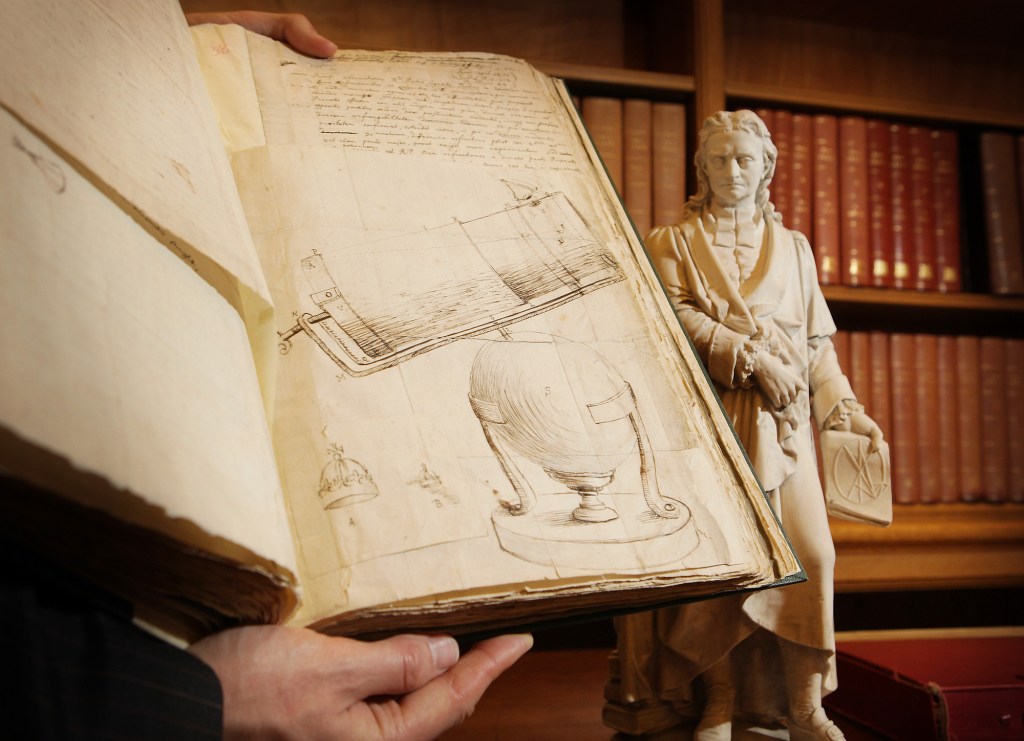Over the next few weeks, the fall 2025 semester will commence at universities throughout the U.S. Many new and returning students will pursue a course of study in various scientific fields.
I teach chemistry to two separate groups of students. One is made up of those preparing for careers in medicine, forensics, marine biology and further research in graduate school. The second and much larger cohort is enrolled in our university’s school of nursing.
But teaching chemistry is only half of what I do. Since I teach at a Christian university, I am afforded the unique privilege of integrating a Christian worldview into my lectures and laboratory classes.
 Gregory J. Rummo is a lecturer of chemistry in the School of Arts and Sciences at Palm Beach Atlantic University. (courtesy, Gregory J. Rummo)
Gregory J. Rummo is a lecturer of chemistry in the School of Arts and Sciences at Palm Beach Atlantic University. (courtesy, Gregory J. Rummo)
If the concept of mixing the Bible and science together in a college classroom seems alien, that is due to the widespread ignorance of Christianity’s role in the history of the development of science.
We’ve been sold a bill of goods. Scientists have told us that theology and science don’t belong together, and that only science has the authority to make truth claims about reality. This is not science, it is scientism, a worldview based on the arrogance of philosophical materialism.
Many of the greatest scientists of the 17th and 18th centuries were devout Christians, whose faith motivated them to pursue their studies. They saw a world that was ordered and concluded, as Stephen C. Meyer explains in “The Return of the God Hypothesis,” that “nature had been designed by the same rational mind who had designed the human mind.”
The 17th-century astronomer Johanes Kepler said that God “wanted us to recognize natural laws and that God made this possible by creating us after his own image so that we could share in his own thoughts.”
The father of classical physics, Sir Isaac Newton, and the father of quantum physics, Max Planck, were both able to seamlessly integrate their Christian faith with science. Belief in God did not present a contradiction to their understanding of the design and the mechanics governing the respective worlds they studied. They believed that God had created a universe that was ordered, predictable and contingent, that it had been designed like a precise clock, and that it was governed by laws. These characteristics led them to conclude that mathematics and science demonstrated God’s precise handiwork.
Science doesn’t have all the answers. After over 70 years of research since the discovery of the structure of DNA in 1953, biochemists are no closer to solving the fundamental question of how life began. In fact, the more that is learned about the cell and its unfathomable complexity, the farther in the rearview mirror any answer fades.
Venki Ramakrishnan was one of three collaborators awarded the Nobel Prize in chemistry in 2009 for studies in the function and structure of the ribosome. Writing in “Gene Machine: The Race to Decipher the Secrets of the Ribosome,” he explains how his own research led him to ponder the deeper question of life’s origins.
“How life began is one of the great remaining mysteries of biology … the problem [is] that in nearly all forms of life, DNA [carries] genetic information but DNA itself [is] inert and made by a large number of protein enzymes, which [require] not only RNA but also the ribosome to make these enzymes. Moreover, the sugar in DNA, deoxyribose, [is] made from ribose by a large, complicated protein. Nobody [can] understand how the whole system could have started.”
Students should be allowed to consider that they might not be the result of some blind, unguided process that began millions of years ago in a warm little pond — the so-called “primordial soup.”
In my classroom, they will hear me say that God created man in his own image so that we can share in his own thoughts, and see the world as his precise handiwork. I want my students to consider that the first verse recorded in the Bible — “In the beginning, God created the heaven and the earth” — is a truth claim, and a valid starting point for the study of science, as it was for some of the greatest scientists the world has ever known.
Gregory J. Rummo is a lecturer of chemistry in the School of Arts and Sciences at Palm Beach Atlantic University in West Palm Beach. His latest book, “Reaching Gen Z with the Gospel in the College Classroom,” was published in January 2025 by Wipf and Stock.
